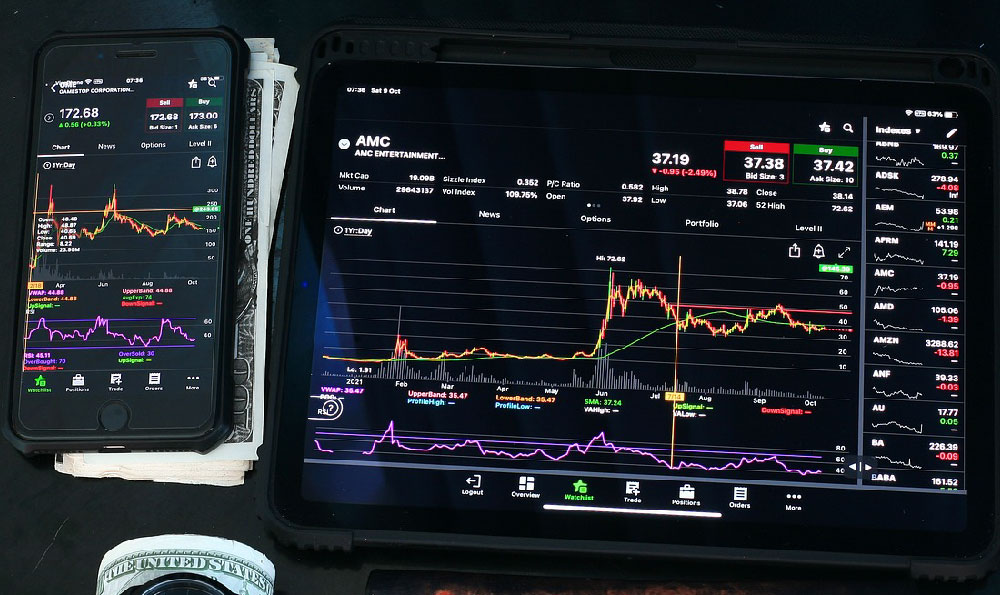Are Recreational Vehicles Wise Purchases? A Deep Dive into RV Ownership
The allure of the open road, the freedom to explore, and the comfort of having your own space wherever you go – these are just some of the reasons why recreational vehicles (RVs) hold such a powerful appeal. However, before you jump headfirst into RV ownership, it's crucial to ask yourself: are recreational vehicles wise purchases? And if so, when is the optimal time to buy one? The answer, like many financial decisions, is complex and depends heavily on individual circumstances, usage patterns, and financial preparedness. Let's delve into the factors to consider before taking the plunge.
The Cost of RV Ownership: Beyond the Sticker Price

The initial purchase price of an RV can be substantial, ranging from tens of thousands of dollars for a basic travel trailer to hundreds of thousands for a luxury Class A motorhome. However, the true cost of ownership extends far beyond this initial investment. Consider these often-overlooked expenses:
- Depreciation: RVs, like cars, depreciate in value. The rate of depreciation varies depending on the type of RV, its condition, and the overall market demand. Understanding depreciation is vital for calculating the long-term financial implications.
- Insurance: RV insurance is mandatory and can be significantly higher than car insurance, especially for larger, more expensive models. The cost depends on factors such as coverage level, deductible, and driving record.
- Maintenance and Repairs: RVs are complex machines with numerous systems that require regular maintenance and occasional repairs. This includes engine maintenance, appliance repairs, plumbing and electrical work, and tire replacements. Setting aside a dedicated maintenance fund is crucial.
- Storage: If you don't have space to store your RV at home, you'll need to pay for storage. Storage costs vary depending on location, amenities, and the size of the RV. Indoor storage is more expensive but offers better protection from the elements.
- Fuel: RVs, particularly larger motorhomes, are notoriously fuel-inefficient. Frequent travel can result in significant fuel costs.
- Campground Fees: While boondocking (camping without hookups) is an option, many RVers prefer the convenience of campgrounds with amenities like electricity, water, and sewer hookups. Campground fees can add up quickly, especially during peak season.
- Registration and Taxes: RVs are subject to annual registration fees and property taxes, which vary depending on the state and the value of the RV.
The Potential Benefits: Lifestyle and Financial Considerations
Despite the significant costs, RV ownership can offer substantial benefits, both in terms of lifestyle and potentially, financial savings.
- Freedom and Flexibility: RVs provide unparalleled freedom and flexibility to travel and explore at your own pace. You can visit national parks, scenic byways, and remote destinations without the constraints of hotel bookings and restaurant schedules.
- Cost Savings on Travel: For frequent travelers, RVing can potentially save money on accommodations and meals compared to traditional travel. However, this is only true if you travel frequently enough to offset the high ownership costs.
- Home Away From Home: An RV provides a comfortable and familiar environment wherever you go. You have your own bed, kitchen, and bathroom, which can be particularly appealing for families or those with specific dietary needs.
- Rental Income Potential: If you don't use your RV year-round, you can rent it out to others to generate income. Platforms like RVshare and Outdoorsy facilitate RV rentals, allowing you to offset some of your ownership costs.
- Community and Connection: The RV community is known for its camaraderie and shared passion for travel. RVers often connect at campgrounds, rallies, and online forums, forming lasting friendships.
When to Buy an RV: Timing is Everything
The best time to buy an RV often depends on market conditions and your personal circumstances.
- End of Season (Fall/Winter): RV dealers are typically eager to clear out their inventory at the end of the camping season (typically fall and winter) to make room for new models. This is often the best time to find deep discounts and negotiate favorable deals.
- RV Shows: RV shows are a great place to compare different models, talk to manufacturers and dealers, and take advantage of show-specific incentives and discounts.
- Used RV Market: Buying a used RV can be a cost-effective way to enter the RV lifestyle. Used RVs have already absorbed the initial depreciation hit, and you can often find well-maintained models at significant savings. However, it's crucial to have a used RV thoroughly inspected by a qualified mechanic before making a purchase.
- Off-Peak Season: Purchasing during the off-peak season, when demand is lower, can often lead to better prices and more negotiating power.
Making the Right Decision: A Checklist
Before buying an RV, ask yourself these questions:
- How often will I use it? Frequent use is key to justifying the high cost of ownership.
- What type of travel do I plan to do? The type of RV you need will depend on your travel style and destinations.
- Can I afford the ongoing costs of ownership? Be realistic about your budget and factor in all the expenses mentioned above.
- Do I have a place to store it? Storage costs can be a significant expense.
- Have I done my research and compared different models and dealers? Take your time and shop around for the best deal.
- Have I had the RV inspected by a qualified mechanic (if buying used)? A thorough inspection can help you avoid costly surprises down the road.
In conclusion, determining whether an RV is a wise purchase requires careful consideration of the costs, benefits, and your individual circumstances. While the initial investment and ongoing expenses can be substantial, the freedom, flexibility, and potential cost savings on travel can make RV ownership a rewarding experience for those who are prepared and plan accordingly. Timing your purchase wisely can also significantly impact the overall cost and value. By thoroughly researching your options, budgeting carefully, and understanding the nuances of RV ownership, you can make an informed decision that aligns with your financial goals and travel aspirations.












